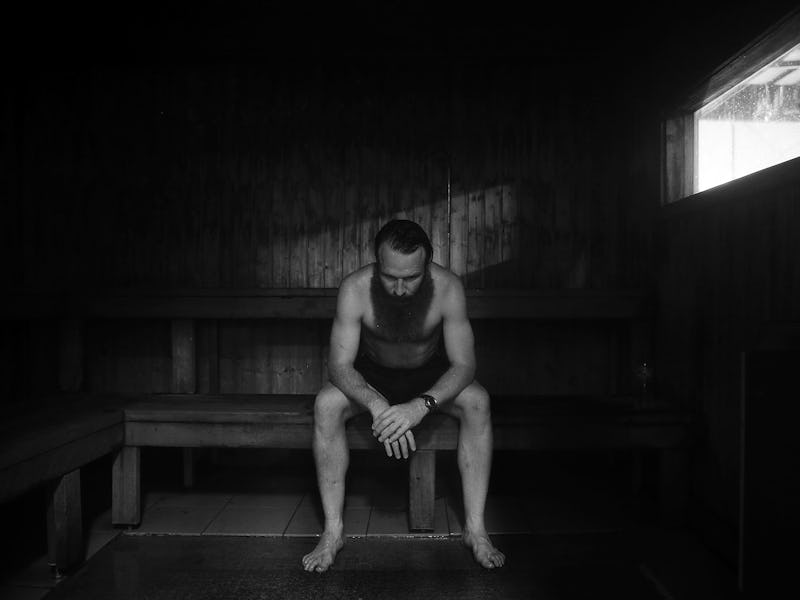Could Hyperthermia Make a Comeback?
Today, we treat depression with therapy and medication --- but there used to be a third way.

There are two main methods of treating psychiatric depression today: psychotherapy and pharmacotherapy. Essentially, meeting with a therapist and/or taking medication. But there used to be third method, one that modern medicine has forgotten but that was apparently wildly successful: heat therapy, or hyperthermia.
This basically involved putting depressed patients in a hot box, keeping them in there for an hour or so, and seeing what happened. Hyperthermia has stood the test of time in the realm of physical therapy, but it’s been forgotten over the years as a viable form of treatment for depression.
Until, that is, a recent study in JAMA Psychiatry dragged it out of the history books. Scientists cast doubt on its clinical efficacy, but Dr. Edward Shorter, a History of Medicine professor at the University of Toronto and the author of How Everyone Became Depressed: The Rise and Fall of the Nervous Breakdown, isn’t so sure it’s without merit. Inverse spoke to Shorter by phone to find out whether hyperthermia could ever make a comeback in psychiatry.
How is hyperthermia currently perceived in the medical community?
Hyperthermia is a known concept in physical medicine, where it’s used in order to ease aching limbs and so forth. These guys have pioneered its reintroduction [with the JAMA study]. It looks successful, but we’ll see whether it can be replicated. What interests me, though, as a historian of medicine, is this whole concept was once one of the mainstays of psychiatric treatment and then was completely forgotten. So much of the historical experiences of psychiatry, one of medicine’s oldest specialties, has simply been forgotten and left by the wayside.
And hyperthermia hasn’t been used in psychiatry since?
This has never been done to my knowledge in the last half-century. But it was done, once, all the time, at spas and private nervous clinics.
You mentioned that hyperthermia was considered a “very successful” treatment for depression in its heyday — but in the last few decades, the definitions and burdens of proof for conditions like anxiety, depression, and “nerves” have changed quite a bit. Do you think hyperthermia’s results would be considered successful by today’s metrics?
Today’s medicine is very big on measurements and scales, and these were unknown in those days. But still, we learned penicillin was effective in the absence of randomly controlled trials. It was obvious that penicillin worked. And it’s just as obvious that this works.
You note that hyperthermia fell by the wayside because of a disappearing middle class and a decreased means for/emphasis on pursuing therapy. But people are certainly pursuing therapy with their disposable income now — could heat therapy come back?
If [these results are] replicated, I think hyperthermia will make a comeback, and it will be very popular because it doesn’t have the side effects of medications. It seems to have no side effects at all, actually.
The whole world of alternative medicine is brimming with procedures of various kinds that were commonly used long ago and then thrown out, rejected as being pointless. Enemas, for example. There is this long history of successful practices being left by the wayside. And if it doesn’t work out [in the medical community due to an inability to replicate the results] you can bet your bottom dollar it will be adopted in the world of alternative medicine now that the idea has been inserted.
This interview has been edited for length and clarity.